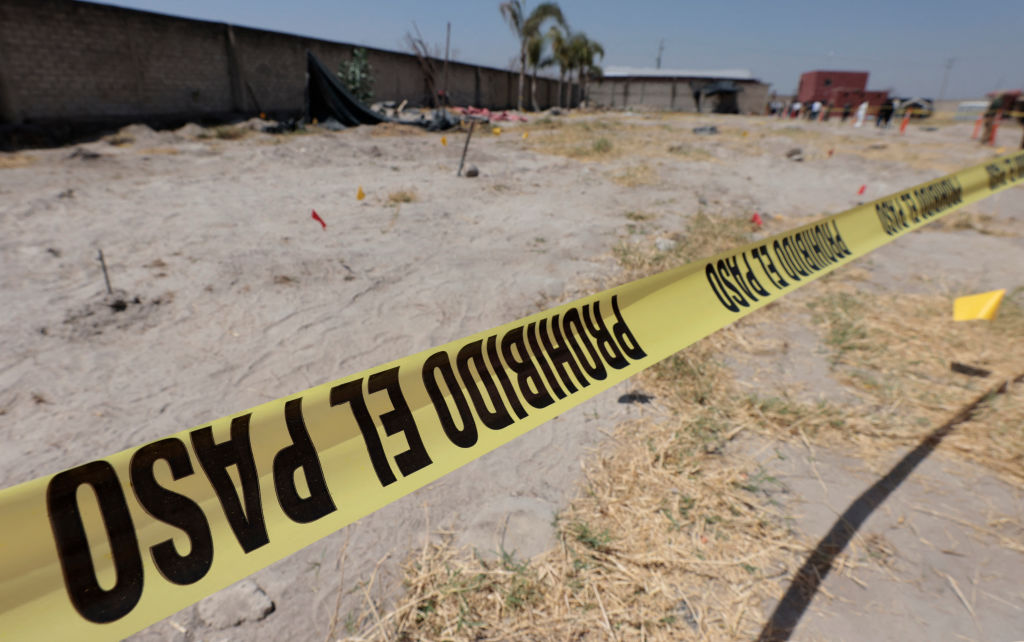The United Nations Committee Against Enforced Disappearances is investigating Mexico’s handling of enforced disappearances, revealing that federal, state, and municipal authorities may be implicated in over 1,500 cases over the past two decades. This investigation comes in the wake of a troubling report that highlights the systemic involvement of security forces in incidents that have affected thousands of individuals across the country.
In a press conference on October 27, 2023, President Claudia Sheinbaum asserted that most disappearances are tied to organized crime. She emphasized that these cases differ significantly from historical instances of state-directed violence, stating, “The disappearances that occur in Mexico are linked to organized crime in the vast majority of cases. It is very different from what happens today, where it is not the Mexican state.” Despite her remarks, an investigation by the news outlet Animal Político casts doubt on this narrative, documenting a disturbing pattern of crimes against humanity allegedly committed by security forces.
The report, titled “Permiso para matar” or “License to Kill,” outlines that during the administrations of Felipe Calderón, Enrique Peña Nieto, and Andrés Manuel López Obrador, many of the 1,524 victims had no connections to organized crime. Instead, law enforcement targeted individuals based on perceived suspicious behavior, such as nervousness or inappropriate attire. The investigation indicates that most victims hailed from low-income or vulnerable communities and were subjected to arbitrary killings or enforced disappearances.
Daniel Moreno, editor of Animal Político, highlighted a troubling trend in which officials have often inaccurately reported incidents as shootouts between criminals and authorities. “However, investigations by journalists, civil society organizations, and relatives later revealed that the incidents did not happen as reported,” he stated. These discrepancies raise serious questions about the accountability and oversight of Mexican security forces.
The U.N. committee’s findings underscore the failure of the Mexican government to adequately respond to the issue of enforced disappearances. In the past nine years alone, 66,000 new cases have been added to the national registry of missing and unlocated persons, yet only 373 convictions have been recorded, leaving over 99 percent of cases unresolved.
In response to the U.N. committee’s investigation, Mexico’s ruling party, Morena, along with the National Human Rights Commission (CNDH), has dismissed the findings. Recently, the Ministry of Foreign Affairs also contested the committee’s conclusions. The government maintains that there are no official directives or orders from President Sheinbaum to carry out such disappearances.
Sheinbaum reiterated her administration’s stance, distinguishing current violence from past state-sanctioned repression. “It is not state violence, as it was in the ’60s, ’70s, and part of the ’80s. Back then, there were forced disappearances for political reasons. That is very different from what happens today in Mexico, where it is not the Mexican state,” she said.
While acknowledging the ongoing issue of disappearances, Sheinbaum asserted that her government is actively working to address the problem. “Of course it must be addressed, which is why we made changes to the laws and continue working on this issue,” she stated, emphasizing the need for clarity in the U.N. documents regarding the current situation.
As the investigation by the U.N. committee unfolds, the focus remains on the systemic issues within Mexican law enforcement and the urgent need for accountability and justice for the thousands of families affected by the ongoing crisis of enforced disappearances.







